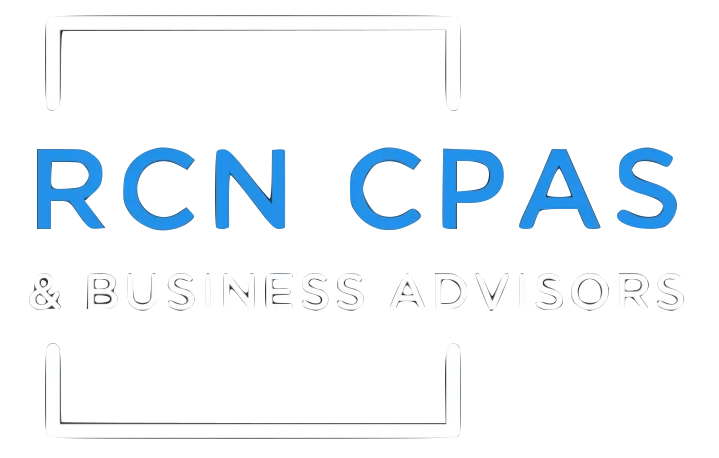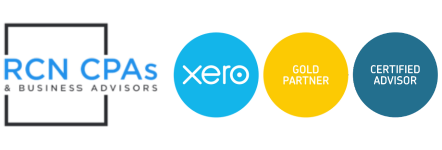The Leadership Shifts Every Practice Owner Needs
When you look back at how you’ve managed your practice this year, do you see growth… or do you see the hidden leadership habits holding your team and finances back?
If you’re honest, this year probably taught you more about leadership than you expected. Sometimes gently. Sometimes like a punch in the gut. Maybe it showed up in how your team responded under pressure, how patients reacted to workflow changes, or in those quiet moments when you realized, “I can’t keep running things like this.”
And if you’ve been talking with peers or scrolling through practice-owner groups, you’ve likely noticed something big:
The problems showing up in staffing, operations, cash flow, and even taxes often trace back to leadership—your leadership.
So let’s walk through the leadership lessons practice owners learned this year that truly moved the needle. Not theory. Not buzzwords. Actual lessons that helped owners reclaim their time, strengthen their teams, protect their margins, and improve their tax position..
1. Realizing You Can’t Do Everything Yourself
A leadership shift that improves operations and profitability
At some point this year, you probably hit that wall, the chaotic Monday, the staff shortage, the moment you were juggling payroll, supervising the front desk, and approving supply orders all before lunch.
That moment became a turning point for many.
Delegation isn’t about “handing off tasks.” It’s about building a practice that doesn’t fall apart when you’re not personally holding every piece together.
Letting go is a leadership skill—and a financial strategy that reduces burnout, improves performance, and gives your tax advisor cleaner, more accurate numbers to work with.
2. Transparency Builds Stronger, More Accountable Teams
A high-impact leadership tool for practice management
This year, many owners began opening up just enough of their financial picture to help their teams understand how their work affects the bottom line.
And it changed everything.
What transparency looks like:
- Monthly or quarterly financial huddles
- Clear compensation and bonus structures
- Discussing revenue trends
- Showing how documentation delays impact income and payroll taxes
Transparency didn’t weaken teams. It strengthened them—and profitability followed.
3. Your Team’s Energy Is a Direct Financial Indicator
Why culture and cash flow are more connected than you think
A disengaged team quietly drains your practice:
- More mistakes
- Slower documentation
- Higher overtime (and payroll taxes)
- Weaker patient experience
- Delayed insurance follow-up
- Revenue leaks everywhere
Team energy is not “soft stuff.”
It’s operational money.
When leaders invest in skill-building, workload clarity, and culture, profitability rises—and so does staff retention.
4. Planning Ahead Is No Longer Optional
Why proactive financial and tax planning changed practices this year
One of the biggest lessons this year?
You cannot treat tax planning as a once-a-year task.
Practice owners who did monthly or quarterly financial reviews had:
- Fewer cash flow surprises
- Stronger tax positions
- Better decision-making
- More confident leadership moments
Proactive planning is one of the clearest signs of leadership maturity, and it directly impacts your tax bill.
5. Your Compensation Is a Leadership Decision
Not just a tax strategy
Many owners discovered how their compensation impacts:
- IRS scrutiny
- Payroll taxes
- Retirement planning
- Profit distributions
- Cash flow stability
Your salary reflects how you position yourself not just to the IRS, but to your team and your future growth.
Setting your compensation intentionally is both a leadership and tax decision.
6. Rest Is a Profit Strategy
Why burnout costs more than time off ever will
Running on empty leads to missed opportunities:
- Overlooked tax-saving purchases
- Poor hiring decisions
- Operational blind spots
- Employee burnout
- Cash flow errors
But owners who intentionally scheduled rest vacations, CEO days, and planning retreats made clearer, faster decisions.
Many strategic planning retreats are deductible when structured correctly.
7. Asking for Help Early Is a Sign of Strength
The most successful practice owners this year were the ones who stopped waiting until things were falling apart to ask for help—whether operational, HR, financial, or tax-related.
And what followed?
- Better systems
- Clearer decisions
- Higher profitability
- Less chaos
Growth accelerates the moment you stop trying to lead alone.
Your Leadership Growth Will Shape Your Financial Growth
This year revealed something unexpected:
Leadership wasn’t just about guiding others; it was about guiding yourself.
The way you delegate, communicate, plan, rest, and compensate yourself shapes:
- Team stability
- Practice productivity
- Profitability
- Tax savings
- Confidence heading into a new year
You don’t need a leadership overhaul.
Just lean into the lessons that showed up this year—even the uncomfortable ones.
Because the moment your leadership grows, your practice grows with it.





